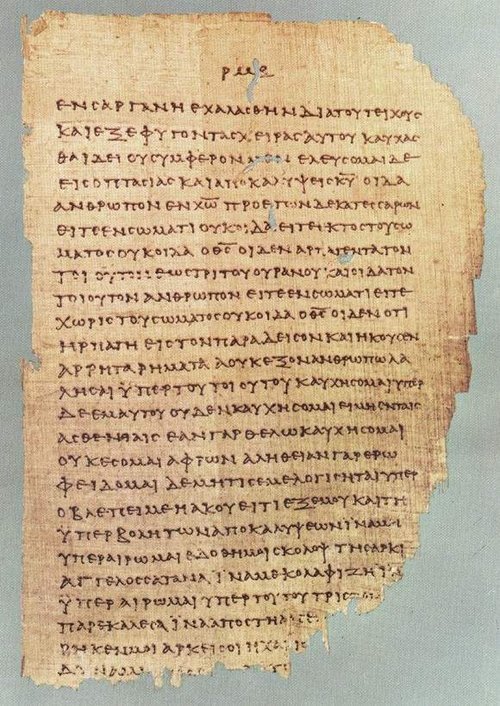On Monday, January 31, 2022, the North Carolina Study Center kicked off a new iteration of “Wrestling with the New Testament”, a recurring seminar catered to undergraduate students that provides a forum to wrestle with questions raised about the New Testament by modern critical scholarship. Matt Hoehn led the discussion of roughly 15 students, many of whom are studying the New Testament writings in a UNC class.
The first session of the eight-week seminar framed the task at hand. Before the meeting, students were given a chapter from N.T. Wright and Michael Bird’s The New Testament In Its World to read. In the excerpt, Wright and Bird describe Scripture as having three overlapping genres: history, literature, and theology. They go on to review the different ways that modern-day scholars have approached the Bible in light of these various genres, ultimately advocating for a perspective called Critical Realism, where the viewpoint of a text’s author and the objective reality of the thing written about are held in tandem rather than treated as being in conflict.
With the theoretical foundation of the discussion set, the students were invited to share their questions and concerns about the Bible. This was the most illuminating part of the gathering. Student after student opened up about the things related to Scripture that they have been wrestling with. Some people had detailed concerns about specific topics raised by modern scholarship, such as the reliability of passages in the New Testament that are not found in early manuscripts or the contested authorship of certain Pauline Epistles. Others had theological questions about the right place for the Bible in the Christian life in light of the complications surrounding its composition. If the Gospel writers had an “agenda”, one student asked, does that undermine the authenticity of its historical claims? The first session of the seminar provided students with a space to ask hard questions without fear of judgement under the guidance of leaders whose intention is to build up their faith rather than tear it down. There was a visible relief on the faces of many as they took the vulnerable step to share their concerns.
Despite the varied backgrounds and concerns represented in the room, one question cast a shadow over the whole discussion: Can we trust the Bible as God’s Word? At the North Carolina Study Center our answer to the students is an unequivocal “Yes!”
The issues on the docket for the remainder of the seminar are thorny, but thankfully we are navigating ground that the church has covered for centuries. Our prayer is that when all is said and done, “Wrestling with the New Testament” will lead students to a greater love of Christ and a deeper trust in God’s Word.

